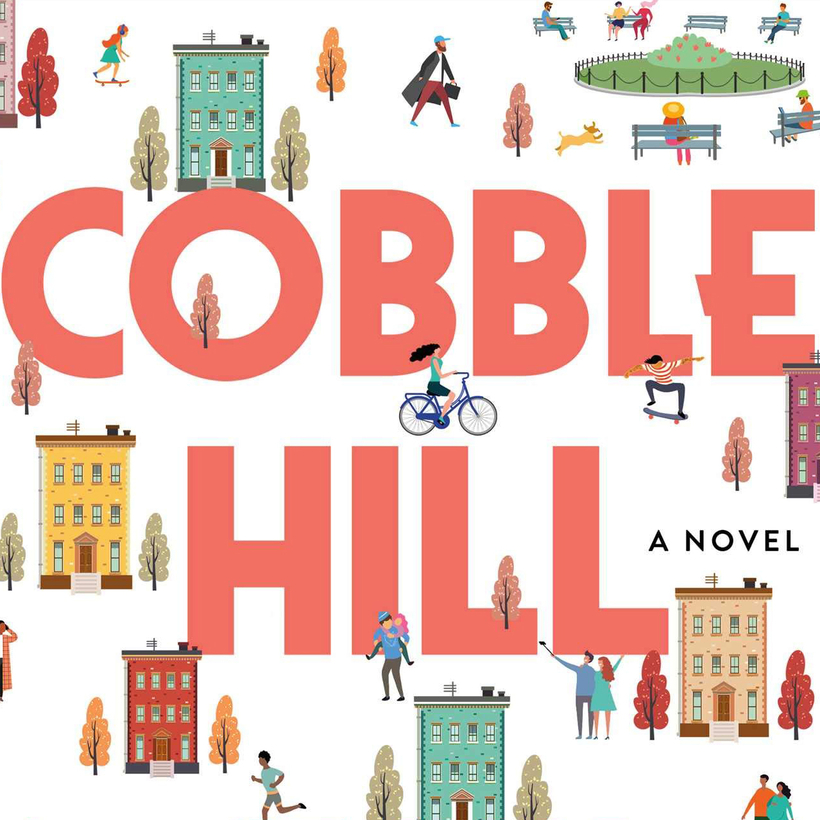Cecily von Ziegesar is thinking about growing up. “I’m not sure how much you really change in between being a teenager and an adult,” she says from the opposite end of a bench in a small park in the Cobble Hill area of Brooklyn, where we are surrounded by expensive carriage houses and brownstone town houses. As the creator and author of Gossip Girl, the 13-book series turned television phenomenon about rich teenagers living in New York’s Upper East Side — the most elite and class-conscious neighborhood in Manhattan — the author is an expert on adolescence.
The Zeitgeist-defining show, which ran from 2007 for six series, was like a Sex and the City for millennials and epitomized a certain Noughties excess that now seems almost quaint. The lead characters, teen socialites Serena van der Woodsen (played by Blake Lively) and Blair Waldorf (Leighton Meester), would show off their It bags on the steps of the Metropolitan Museum of Art, before making an appearance at their private girls’ school, Constance Billard. The clothes on the show were so influential that the costume designer Eric Daman, who had first worked on Sex and the City with Patricia Field, became a frequent figure in the press, while The New York Times called Gossip Girl “the first [show] to have been conceived, in part, as a fashion marketing vehicle”.

